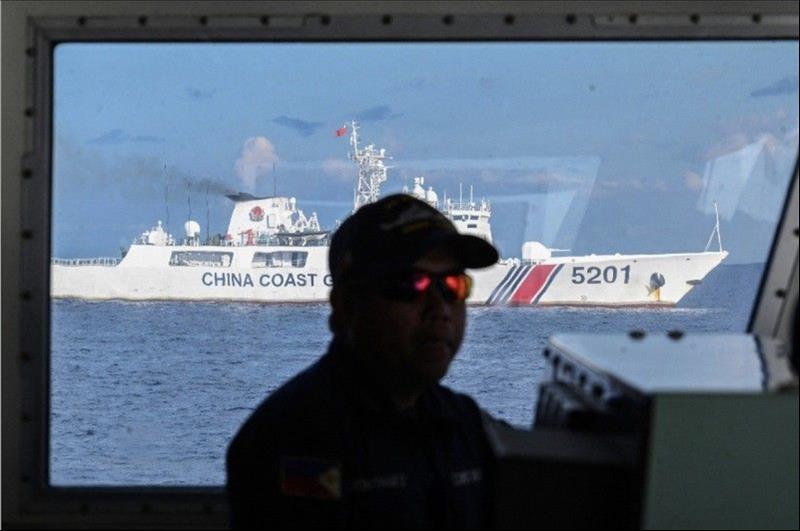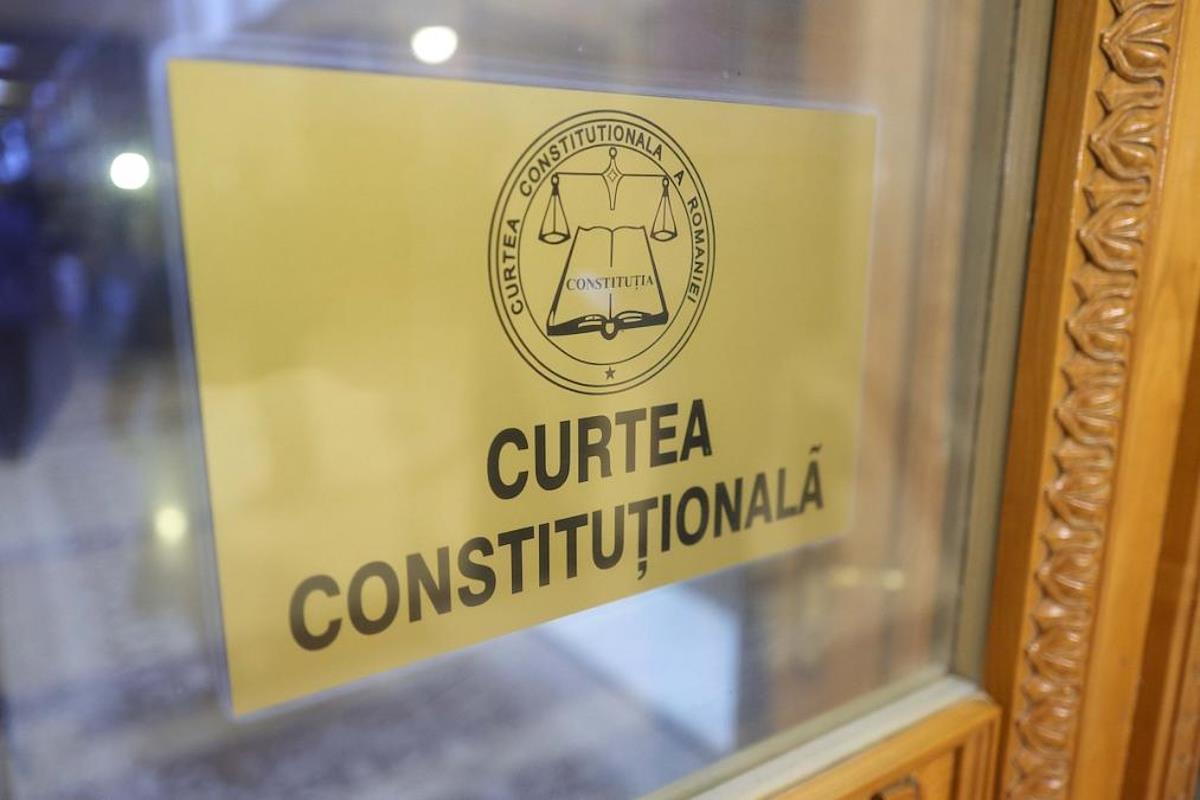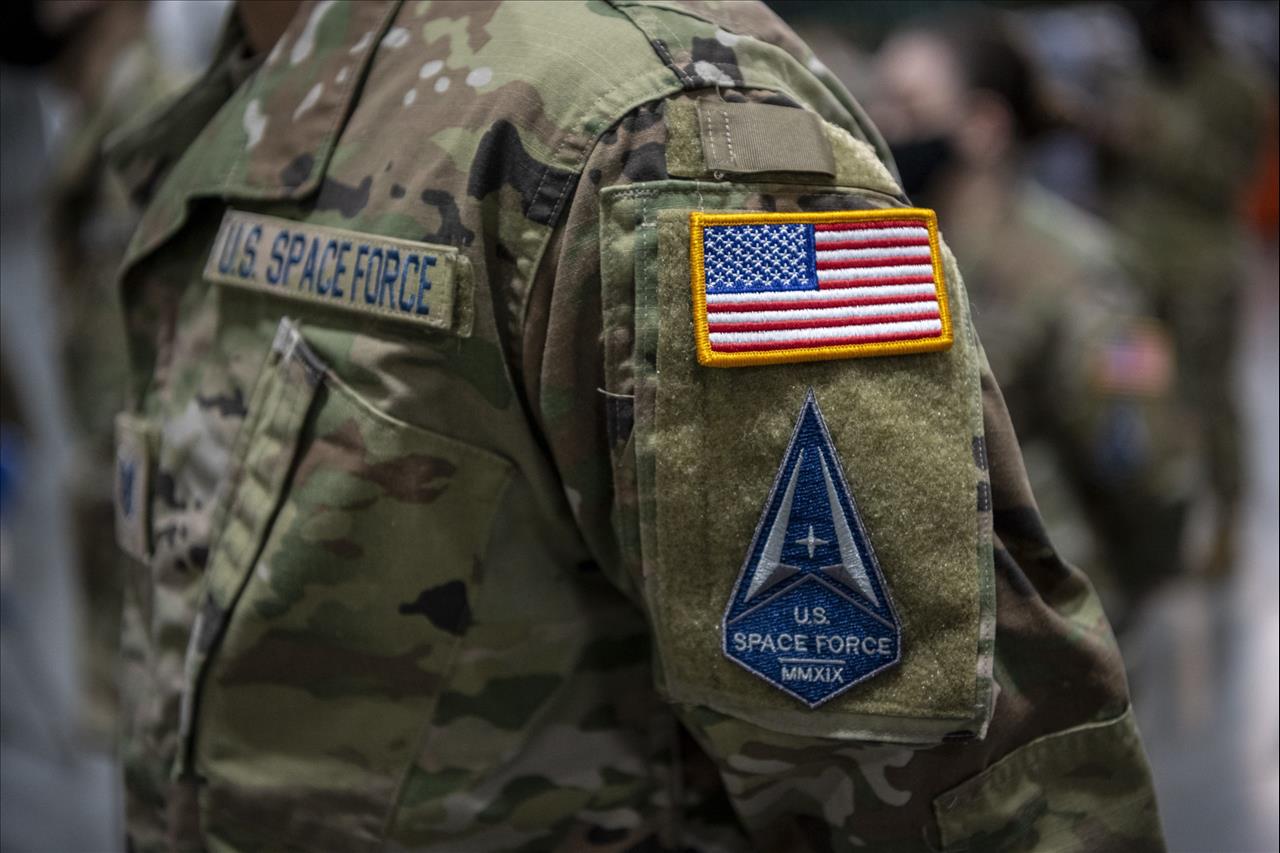
Philippines To Match China's Gray Zone Tactics In South China Sea
The Philippines and China are once again at loggerheads over the long-contested Scarborough Shoal, with their maritime forces coming perilously close to yet another near-clash in the disputed waters.
Last week, Chinese coastguard vessels fired water cannon and side-swiped a ship from the Philippines' Bureau of Fisheries and Aquatic Resources
(BFAR), which is tasked with surveying and securing Philippine fishery resources in the country's exclusive economic zone (EEZ).
The near-clashes also involved a dangerous encounter between a Chinese navy vessel and Philippine coastguard counterparts, which, according to Philippine official sources, faced,“blocking, shadowing and dangerous maneuvers” from the People's Liberation Army-Navy (PLAN) vessel.
China's Coast Guard maintained that its actions were“professional, standardized, legitimate and lawful” and quickly shifted the blame by maintaining“the responsibility lies entirely with the Philippine side.”
“China implemented control measures against Philippine ships that attempted to intrude into the territorial waters of China's Huangyan Dao [Scarborough Shoal],” China's coast guard claimed.
Prominent Chinese experts were also quick to play down the latest incident.“The Philippines is trying to stoke the South China Sea issue by constantly creating trouble so as to accumulate new discourse materials for the cognitive war of building the“China threat” rhetoric,” Ding Duo, a deputy director of the Institute of Maritime Law and Policy at China's National Institute for South China Sea Studies was quoted saying by the Global Times state mouthpiece.
For China's maritime forces, they simply undertook routine operations and“necessary control measures” to protect the Asian power's maritime claims based on the so-called“nine-dash line,” a sprawling map that was rejected as“illegal” by an international court at The Hague under the auspices of the United Nations Convention on the Law of the Sea (UNCLOS) in 2016.
China rejected the 2016 arbitral tribunal ruling, which lacked an enforcement mechanism.

Legal Disclaimer:
MENAFN provides the
information “as is” without warranty of any kind. We do not accept
any responsibility or liability for the accuracy, content, images,
videos, licenses, completeness, legality, or reliability of the information
contained in this article. If you have any complaints or copyright
issues related to this article, kindly contact the provider above.



















Comments
No comment